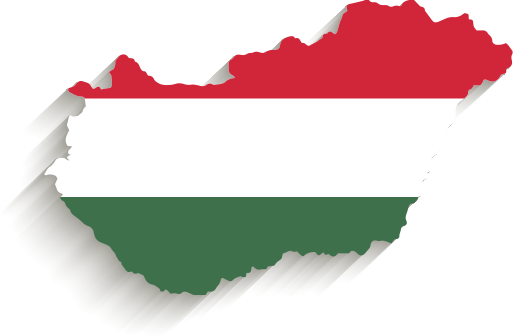(Grant Agreement n. 669194)
(Budapest, 25/12/1918 - , 1994)
Head of subdepartment and departments - Ministry of Foreign Trade (1950-)Head of the Department for Customs Policy and International Organizations - Ministry of Foreign Trade (1967-1984)
Leader of the socialist delegation during the COMECON - EEC talks (1980-1981)

Since the early 1950s he was a Hungarian representative in several international organizations and meetings, he managed the talks with the General Agreement on Tariffs and Trade. However, during the 1980s he rigidly opposed concluding a general agreement with the EEC
|
In the ministry he was responsible for the inter-bloc relations. He represented his ministry during the inter-ministerial negotiations concerning the EEC and CMEA talks. |
|
As a commercial secretary in Brussels he participated the debates of the Socialist embassies, later in Budapest, at the Ministry of Foreign Trade he was the member of the coordination board dealing with the EEC agricultural embargo after the C... |
|
One of the leading figures of the younger reformist wing of the party. Since 1982-83 he wished and urged a rapprochement with the EEC. In 1987-88 he was the member of the Committee for International Economic Relations, when the agreement betwe... |
|
As a diplomat in Brussels, he represented the official Hungarian standpoint, participated several meetings to coordinate the viewpoint of socialist states. However, he built good unofficial relations with the EEC apparatus in Brussels. |
|
A leading expert of Western economies and the EEC in the Ministry of Foreign Trade. |
|
As a worker origin trade apparatchik he always followed the official political line, as a foreign trade minister he carefuly supported the New Economic Mechanism, but also served after the fall of the reform. |
|
He, as foreign trade minister, had several meetings with EEC representatives. However, he insisted on concluding an agreement with the EEC solely in accordance with the GATT regulation. |
|
Since the late 1960s he urged informal Hungary–EEC bilateral talks and to analyse more intensively the Western integration. |
|
During his presidency the Chamber trasformed from the closed club of foreign trade enterprises to an open business federation, which promoted actively Hungarian exports. He personally initiated the series of Hungarian Economic Days abroad, he ... |
|
The CMEA as an organization, and the relations of countries gathered together into the CMEA with the EEC - multilateral issues
MNL OL XIX-A-90-c 166. d. | 4-0016/68/1974
The document compares the legal status of the CMEA and the EEC, discusses how should Hungary handle an agreement offer from the EEC, and what kind of strategy would be desirable on behalf of the CMEA states. - Available here. |
